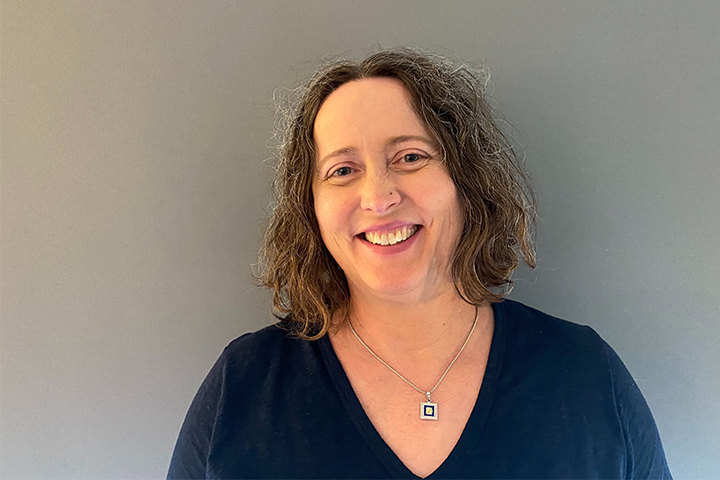By Kristin Maffei
14 October 2020

Jennifer J. Walker PE, DWRE, ENV SP, CFM, QSD, owner and president of Watearth, attended Building a Successful Diverse Business in November of 2019. Watearth is a small consulting planning and engineering firm focused on water resources, the environment, and green infrastructure sustainability solutions. In recent years, Walker has emphasized development in marketing operations, which has facilitated an expansion in the engineering and environmental divisions. Staffing at Watearth has more than doubled since 2018, a growth developed very intentionally by Walker after discussions with business coaching firm Collaboration Consultants and after attending other diverse supplier programs like the UCLA Anderson School of Management's "Management Development for Entrepreneurs". Walker and her management team spent 2019 developing written processes that would facilitate consistency in every aspect of the business. Still, Walker was eager at the end of 2019 to improve the implementation of these processes.
Enter Building a Successful Diverse Business. Walker was inspired and began developing new tools even before returning to work from the educational retreat. Since November of 2019, new tools at Watearth include revamped organizational charts, methods for monitoring and controlling processes, and a stop-the-line procedure taken from the manufacturing industry.
Watearth's organizational structure has been developed so as to maintain its "small business magic" while continuing to grow forward. New organizational charts have afforded all staff at Watearth an opportunity to better understand how they interact with each other, the flow of delegation, and the expertise of each individual.
Monitoring and controls for processes now means that written documentation is enforced as the gold standard, with all improvisation and creativity encouraged as a function of review of the original plans. Processes allow Watearth to guarantee reliable service, a new core value added for 2020 and in celebration of more than a decade in business. Facilitating staff understanding of processes is complemented with controls that encourage the use of existing processes in problem-solving discussions and discourage reinventing the wheel. Processes are written and revised regularly at Watearth, meaning staff adoption is an ongoing practice requiring dedication and focus.
Lastly, since Walker's time at Tuck, Watearth has implemented a documented stop-the-line procedure focused on the professional services Watearth provides. The goal, as in the manufacturing industry, is to cut power to processes that are moving a project in the wrong direction, or in the right direction but too slowly. The issue is then rapidly escalated to decision-makers at Watearth for resolution.
Though Walker could not have known it at the time, the COVID-19 crises would eventually put to the test Watearth's level of preparedness. Many of the changes inspired by Walker's education at Tuck have helped Watearth remain laser-focused on the areas of their business they most wanted to grow.
For a small business still in the early years of brand development, like Watearth, repeat business from direct clients and partners is a key indicator that deliverables are meeting goals for quality and timeliness. In order to ensure Watearth becomes and remains the first phone call for clients in need of specialized expertise in water resource and environmental planning and engineering, Watearth's streamlined processes needed to become a resource not just to managers but also to production and coordination staff. Tuck helped Watearth's Jennifer J. Walker accelerate her company upwards.
